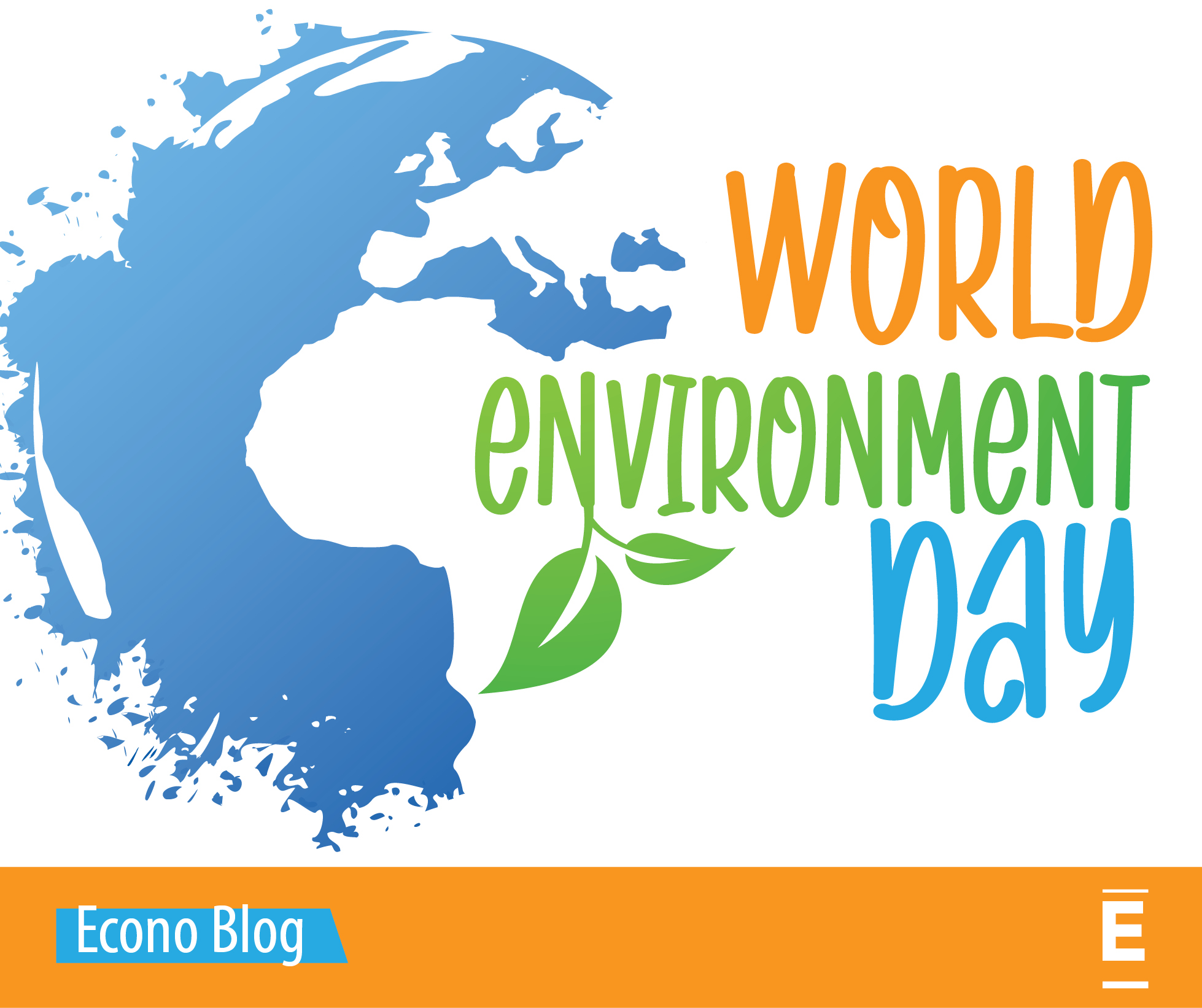
Since June 5, 1973, the United Nations (UN) Environment Programme’s World Environment Day has provided a global platform for motivating research and action for a livable planet. According to the UN, “Climate change is the single biggest health threat facing humanity. The impacts are already harming health through air pollution, disease, extreme weather events, forced displacement, food insecurity and pressures on mental health. Every year, environmental factors take the lives of around 13 million people.”1
Environmental Factors
The environmental factors driving climate change arise from both naturally occurring changes as well as human activities, such as the release of carbon dioxide into the atmosphere. Regardless of the causes, however, the damaging effects of these changes are unequally distributed among the world’s population. Persons sensitive to heat because of age or illness and who cannot afford air-conditioned housing are at greater risk of adverse health effects from a warming planet, for example, while those living in increasingly flood-prone areas or who lack access to clean water may be disproportionately affected by water-borne illnesses.
Complex Systems
Local, regional, and national health systems are key to responding to these threats, but they are only one part of a complex system for promoting health. We are also beginning to understand how social determinants of health like housing, employment, education, and geography can significantly shape the health of populations. Researchers have begun to build a body of knowledge related to these determinants and to examine their effects in persons affected by climate change, and we can also use mapping and data analysis to look at specific instances of climatic effects on population health.
Resource Inequity
Reducing the health effects of climate change will require us to develop a solid understanding of three inter-related factors:
-
- Direct effects of climate conditions on health, such as an increase in vector-borne diseases as temperature rise.
- Underlying inequities in preventing, diagnosing, and treating health problems.
- The distribution of available resources for improving the local, regional, and national environment and identification of areas with the greatest needs.
Econometrica’s Housing and Finance Group Is Looking at the Big Picture
In the past 2 years, Congress has passed two laws that provide hundreds of billions of dollars for new infrastructure projects. Together, the Inflation Reduction Act (IRA) and the Bipartisan Infrastructure Act (BIL) have funded more than 500 programs addressing important missions, including improving the with disaster and climate resilience of our Nation’s infrastructure, lowering carbon emissions, and providing cleaner air and water.
The challenge in such funding programs is to ensure that the money goes to the most important needs, not just the most aggressive grant applicants. Econometrica’s Economists and Data Analysts help agencies target their available funds in four ways.
- Data and analysis of needs. Although collecting data nationwide is expensive and requires specialized skills, it allows localities to fully understand their opportunities and saves the taxpayer money that would be wasted on ineffective projects.
- Program design. Early policy decisions are a powerful determinant of taxpayer return and environmental improvement, and one important policy driver is the method for spreading funds geographically. Econometrica provides optimization support for the main policy alternatives: formula allocations, competitive funding rounds, means tested programs, and disaster-based needs analysis.
- Agency outreach to communities. The neediest communities, and those with the greatest environmental challenges, are often those with the least ability to assess which of the 500+ programs they are even eligible for, let alone understand how to successfully navigate the application process. We build online eligibility screening systems and plain-language guidance materials to help these communities find and apply to the best programs for their needs.
- Program evaluation. This is the classic work of economists: cost–benefit analyses, market impact assessments, budget optimization, and the quantification of results. And it is the results that matter—finding the best social and environmental improvements for the fewest taxpayer dollars.
Work With Us, Work for Us
Econometrica, Inc., is a small business research and management consulting organization based in the greater Washington, DC, metropolitan area. We are committed to improving the human condition by providing high-quality, cost-effective analytics and support that enable our clients to solve the challenges of today’s world. We collaborate with Federal agencies, State and local governments, philanthropic and nonprofit clients, and private-sector partners in the public health, healthcare, data analytics, housing, and finance sectors.
To work with us on your next project, visit us online or email us at Info@EconometricaInc.com. To explore the benefits of working for us, visit our careers page. Follow us on LinkedIn, X, Facebook, and Instagram.
